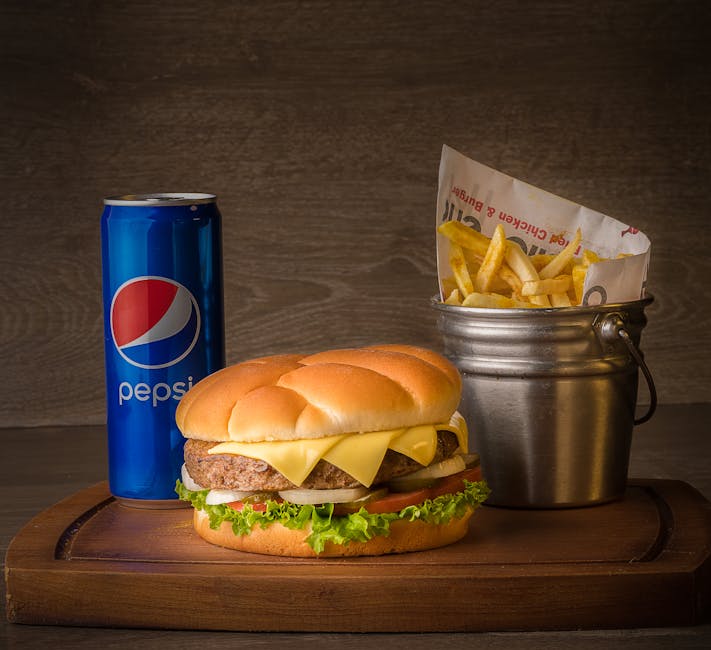
Foods that can Cause Miscarriage: Separating Facts from Myths
Foods that can Cause Miscarriage: Debunking Myths
1. Pineapple:
One food often associated with miscarriage is pineapple. While it's true that pineapples contain an enzyme called bromelain which can soften the cervix, leading to uterine contractions, it would require consuming an excessive amount for any significant effect. Enjoying moderate amounts of pineapple during pregnancy provides essential nutrients such as vitamins C and B6.
2. Papaya:
Another fruit often surrounded by controversy is papaya, particularly unripe or semi-ripe ones. Unripe papaya contains high levels of latex, which can stimulate contractions and lead to miscarriage. However, fully ripe papayas are safe and even beneficial due to their rich vitamin C content.
3. Raw or Undercooked Meat:
Raw or undercooked meat carries a higher risk of bacterial contamination, including salmonella and listeria. These infections can potentially harm both mother and baby, increasing the chances of miscarriage or complications during pregnancy. It is advisable to thoroughly cook all types of meat before consumption.
4. Certain Seafood:
Seafood such as shark, swordfish, king mackerel, and tilefish may contain high levels of mercury, which can harm the developing nervous system of the fetus. However, other seafood like shrimp, salmon, and catfish are generally safe and provide essential omega-3 fatty acids that support fetal brain development.
Pros and Cons of Avoiding Certain Foods:
1. Benefits of Avoidance:
Taking precautions and avoiding foods that could potentially cause miscarriage can provide peace of mind to expectant mothers. This approach reduces the risk of exposure to harmful bacteria, toxins, or excessive amounts of specific substances that might pose a threat during pregnancy.
2. Drawbacks of Overcaution:
While being cautious is important, excessive restrictions on food choices can lead to nutritional deficiencies. A well-balanced diet during pregnancy is crucial for supplying essential vitamins, minerals, and nutrients needed for fetal development. Over-restricting certain foods without proper substitution could hinder this vital nourishment.
As expectant mothers navigate through their pregnancy journey, it's essential to separate fact from fiction when it comes to foods that can cause miscarriage. While certain foods like raw or undercooked meat, specific seafood, and unripe papaya should be approached with caution, there is no need for undue panic or complete avoidance. Moderation, information from trusted sources, and open communication with healthcare providers are key in ensuring a healthy and well-nourished pregnancy.
Remember, every woman's body is unique, and individual circumstances may vary. If you have any concerns or questions about your diet during pregnancy, consulting a healthcare professional is always the best course of action.
